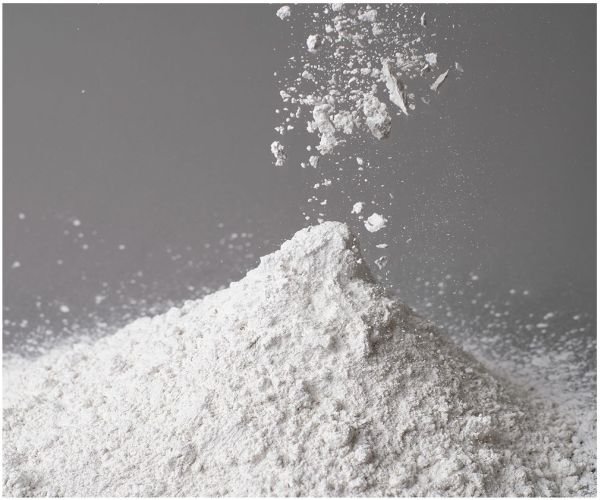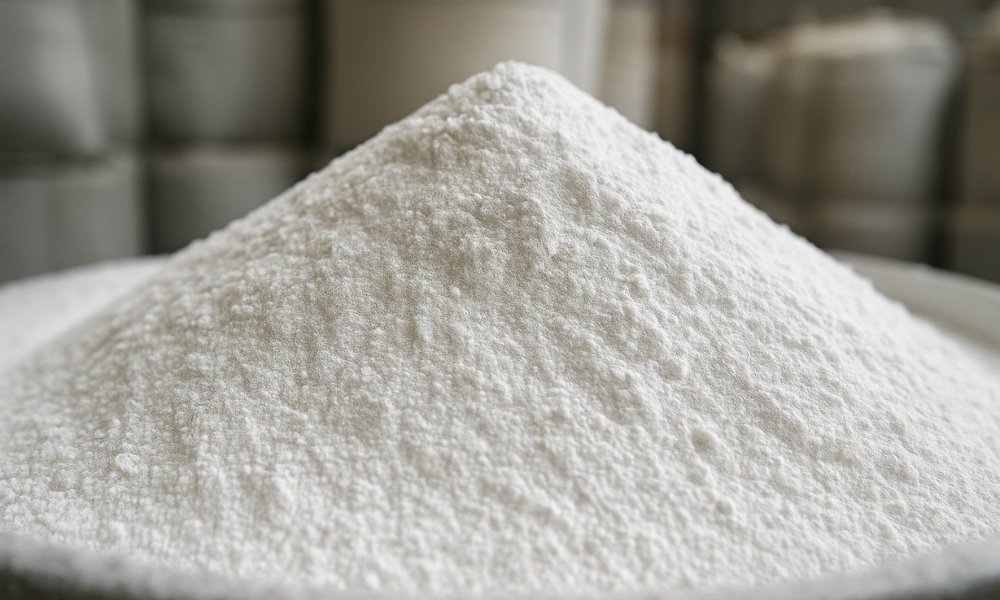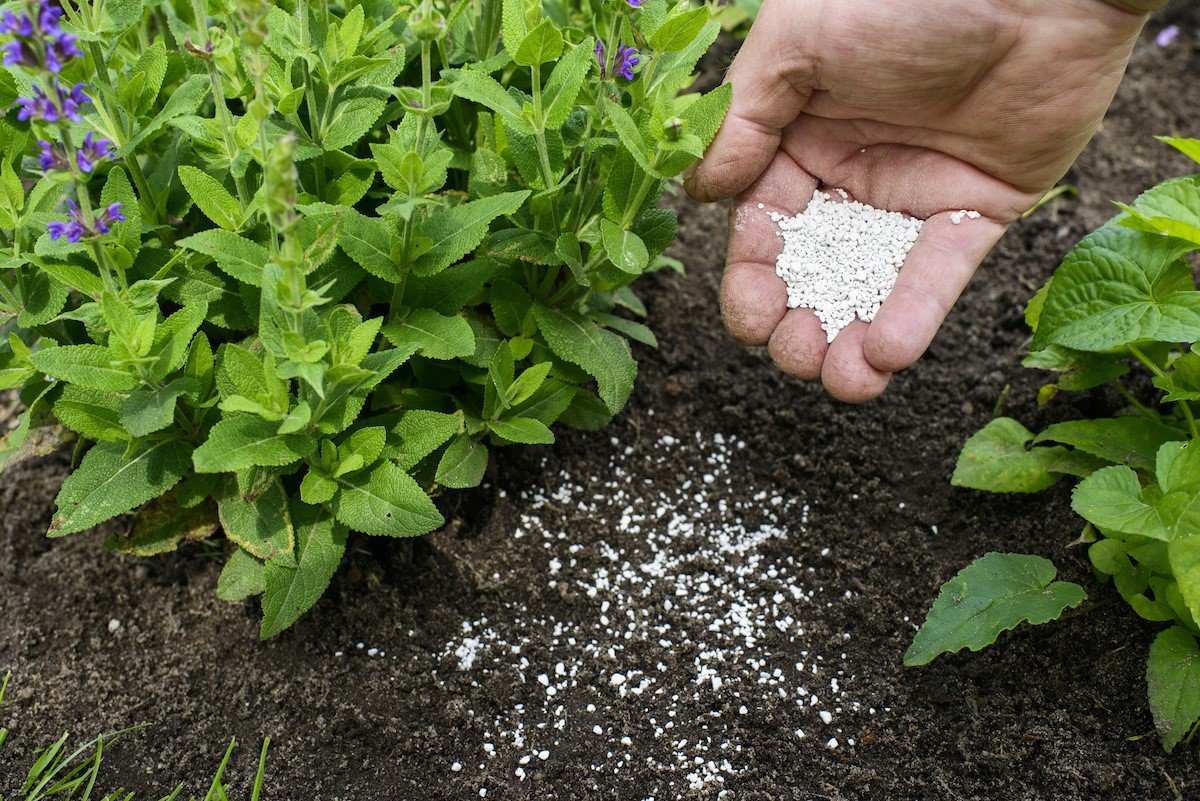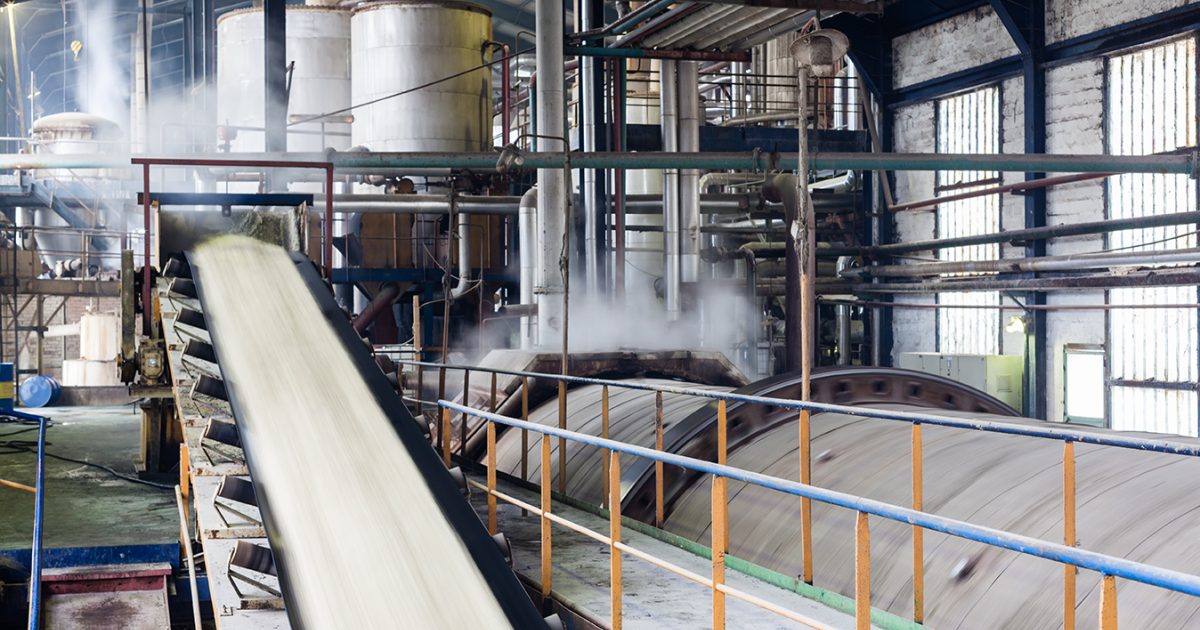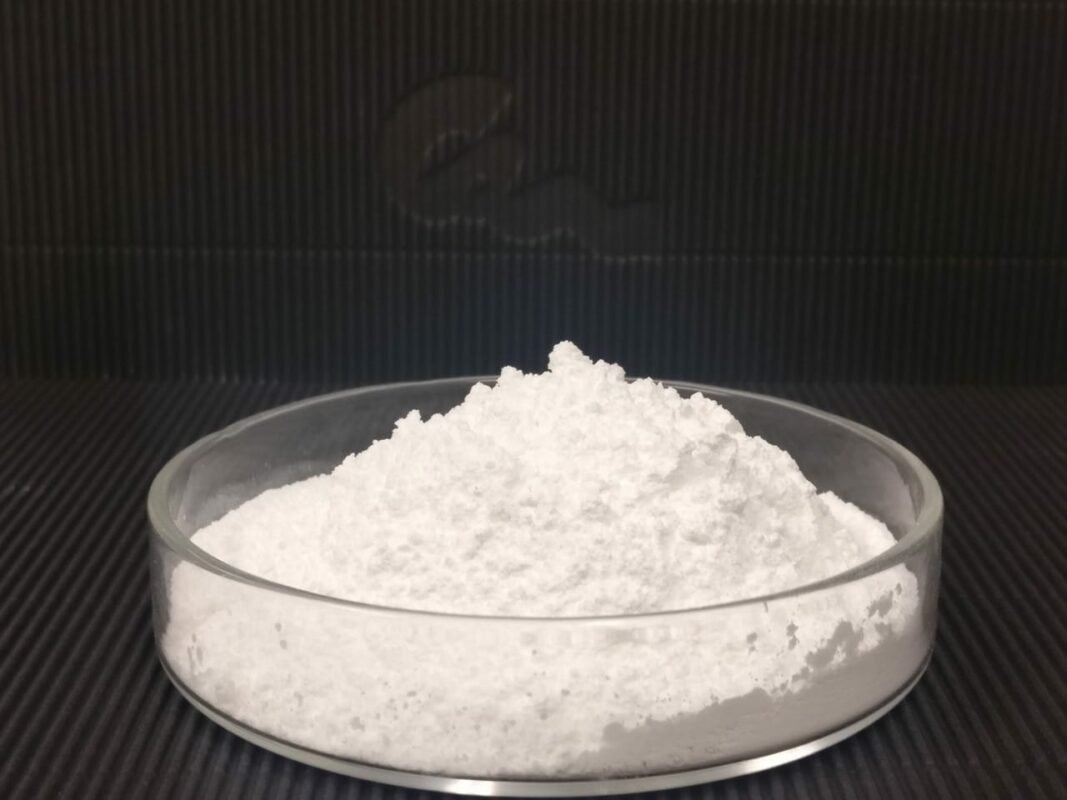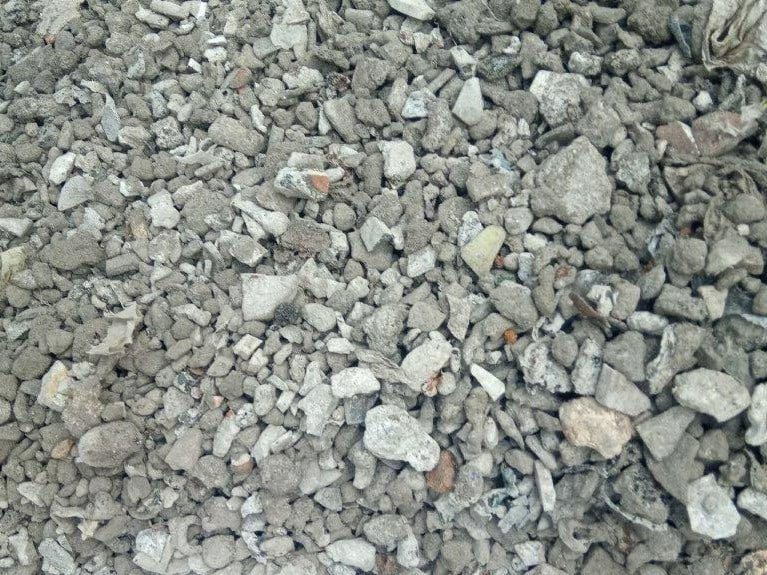- pH Adjustment: One of the primary functions of hydrated lime is to adjust soil pH. Soil pH is a measure of the acidity or alkalinity of the soil. Hydrated lime is alkaline in nature, and when it is added to acidic soils, it helps raise the pH level. This is important because many plants prefer slightly acidic to neutral pH levels for optimal growth. By reducing soil acidity, hydrated lime creates a more favorable environment for plant growth.
- Nutrient Availability: Soil acidity can affect the availability of essential nutrients to plants. In acidic soils, certain nutrients, such as phosphorus, potassium, and some micronutrients, become less available to plants. By raising the pH, hydrated lime improves the availability of these nutrients, promoting better plant growth and development.
- Soil Structure Improvement: Hydrated lime can also contribute to the improvement of soil structure. In acidic soils, aluminum and manganese can become more soluble and toxic to plant roots, leading to poor soil structure. The addition of hydrated lime helps to neutralize these toxic elements, promoting better aggregation of soil particles. Improved soil structure enhances water drainage, aeration, and root penetration.
- Microbial Activity: Soil pH influences the activity of soil microorganisms. While some microorganisms thrive in acidic conditions, others prefer neutral to slightly alkaline environments. Adjusting the pH with hydrated lime can create a more balanced microbial community, promoting the activity of beneficial microorganisms that contribute to nutrient cycling and organic matter decomposition.
When using hydrated lime, it’s important to follow recommended application rates and guidelines, as excessive use can lead to over-alkalization of the soil, which may have negative effects on plant growth. Soil testing is a valuable tool to determine the appropriate amount of hydrated lime needed for a specific area.


